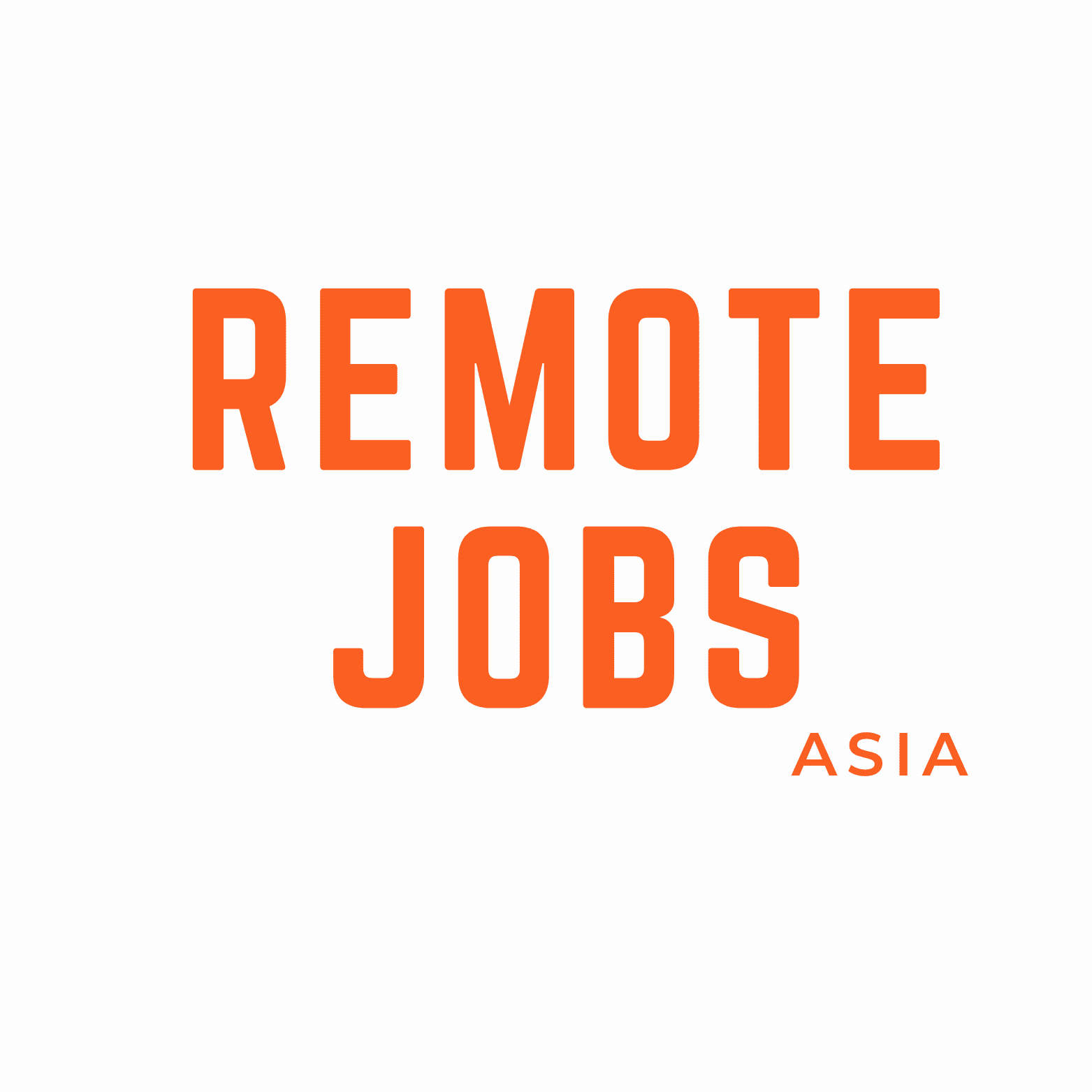You've finally found the perfect full-time remote developer or remote digital marketer from outside of Singapore. The salary negotiations went smoothly, the contracts were signed, and everyone was excited about a new team member joining the team remotely. Fast forward 18 months, and you're back to square one – posting job ads and starting the hiring process all over again.
If this sounds familiar, you're likely not alone. When a remote staff leaves the company, it is not a minor inconvenience; it costs the company recruitment expenses, training investments, and lost productivity.
Why do International Remote Talents Leave?
Some reasons international remote talents leave:
Cultural Isolation and Exclusion. Sometimes, remote staff may feel like "second-class citizens" compared to their Singapore-based colleagues. This is especially so if the main team comprise local-based staff and the remote team are a minority. Staff who work remotely will miss out on informal conversations that happen in the physical office, last-minute meetings, and fun moments that build genuine connections.
Lack of Career Development Opportunities. Companies often look to hire remotely and internationally for “execution only" roles, which tend to have limited growth potential. Without clear paths for career progression or skills development initiatives, high potential and ambitious remote talents will likely look elsewhere where they can be offered personal growth and career progression.
Communication Breakdown and Micromanagement. Poor communication processes lead to either complete neglect or micromanagement. Remote employees struggle with unclear expectations, delayed feedback, and feeling disconnected from the company.
Compensation Misalignment. While initial salaries might be attractive, remote employees often feel that they are underpaid, especially when compared to their Singapore counterparts, especially as they gain experience.
How to Retain International Remote Talents
What can be done to retain international remote talents?
Intentional Engagement, Remote-first Attitude
To retain international remote talents, companies must adopt a remote-first attitude and be intentional with engagement of remote staff. This may include encouraging video-on during virtual meetings to help remote staff feel seen and better understand team dynamics. Be mindful of having dedicated communication channels that prioritise remote inclusion, ensuring that important information is not only shared informally or in-person. Companies should also look to foster team connection through monthly virtual coffee chats between local and remote staff. And where feasible, allocate budget for in-person gatherings—such as retreats or visits to Singapore—to strengthen relationships and reinforce a sense of belonging.
Clear Career Pathways, Skills Investment
To retain top international remote talent, investing in their growth is key. Discuss individual development plans with them and demonstrate that the company wants to invest in their growth and development, including creating a career pathway for them. Sometimes this may mean having them join the local team at some point in their career with the company. Allocate dedicated training budgets just for remote team members — showing their learning matters, no matter the distance. Match them with Singapore-based mentors to provide them with guidance and to build connections with the company. Most importantly, keep the conversation going with regular check-ins focused not just on performance, but on career progression and development.
Outcome-Based Performance Management, Compensation Transparency
Retaining full-time international remote talent requires adopting outcome-based performance management and transparent compensation practices. Start by setting clear KPIs and deliverable expectations from the start, supported by weekly check-ins that focus on removing obstacles and providing needed resources. Monthly performance reviews should deliver actionable feedback and reinforce growth. Recognizing remote employees’ achievements will help them feel valued and visible. On the compensation front, conduct annual salary reviews aligned with both performance and market benchmarks. Share transparent salary bands across the team to build trust, and ensure remote employees receive performance bonuses on par with local staff. Companies may also want to consider tailoring benefits to their location to meet their needs and to show that the company is invested in their well-being.
Not sure how you are doing to retain your international remote talents? A suggestion is to start by conducting an anonymous survey with your current remote staff to understand their current experience.
The companies that solve the remote retention puzzle do not just save money – they will build a competitive advantage through high-performing international remote teams.

